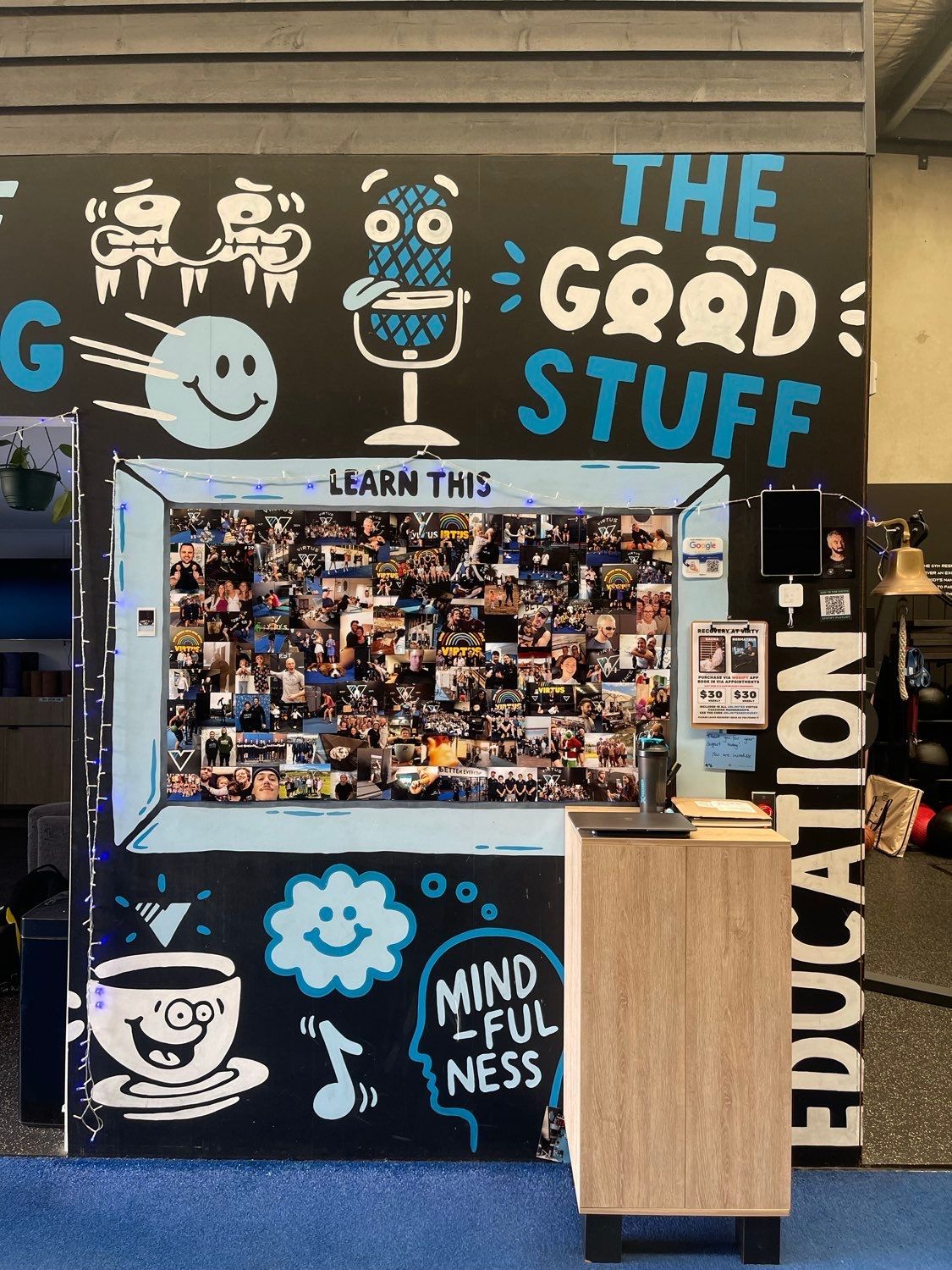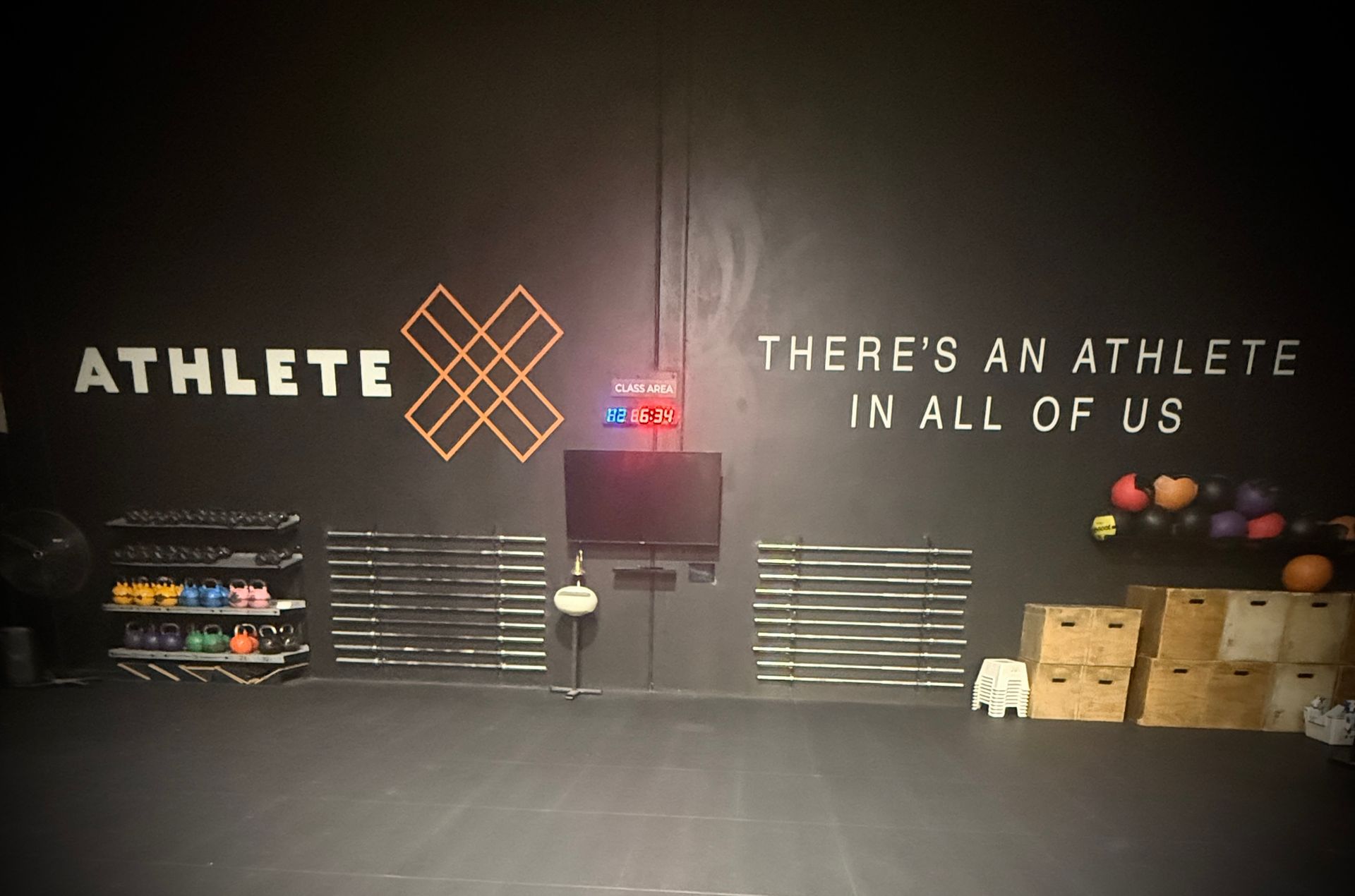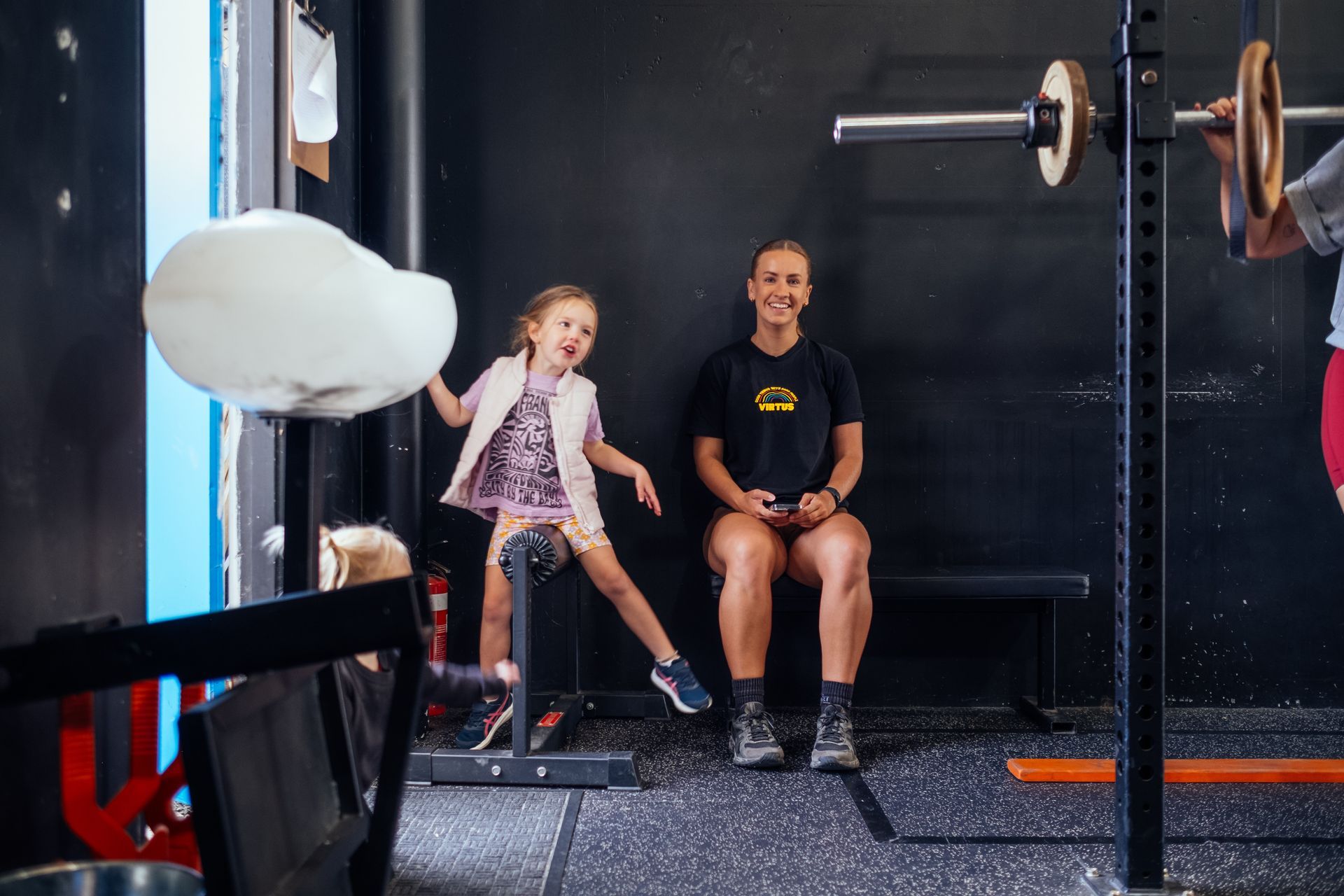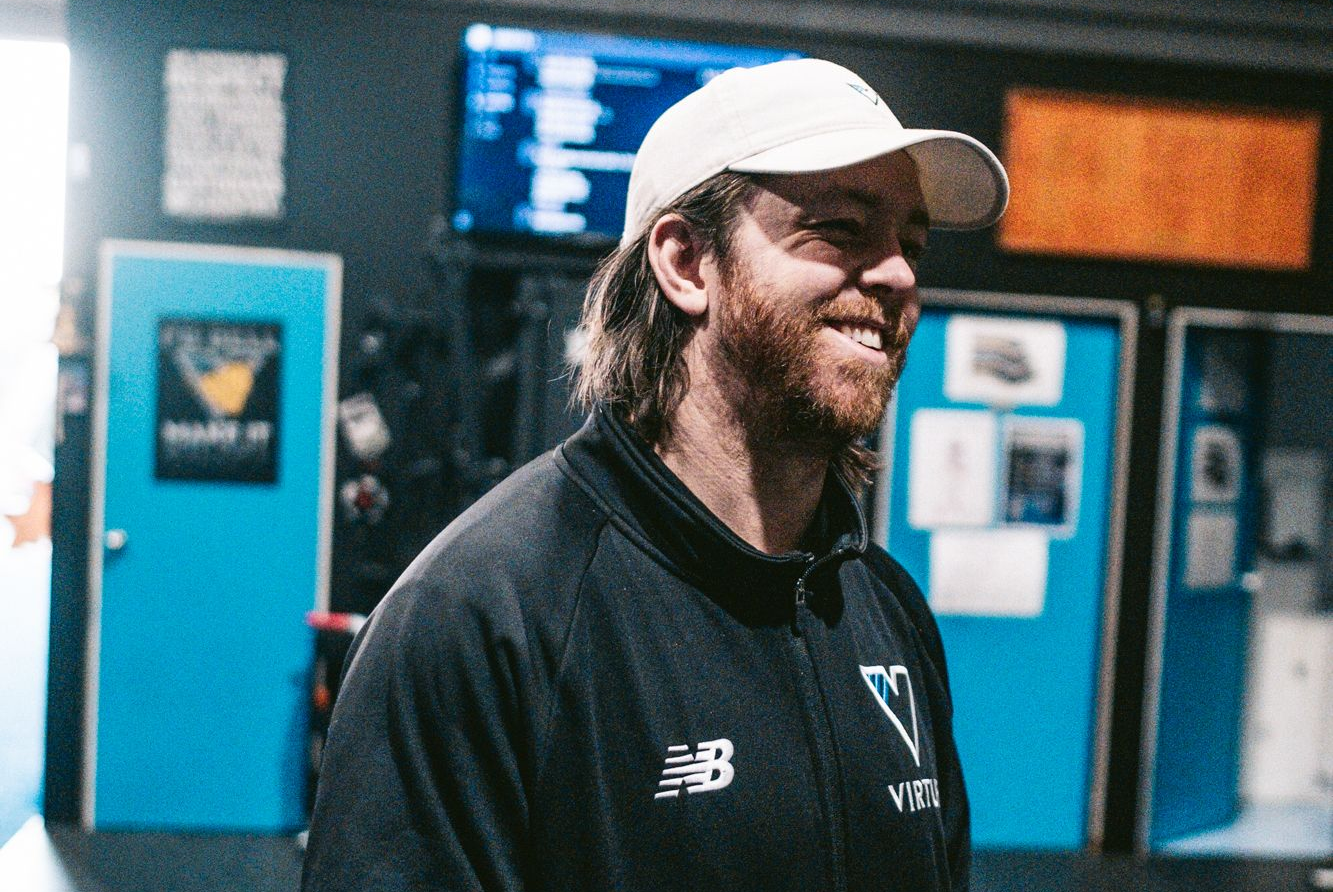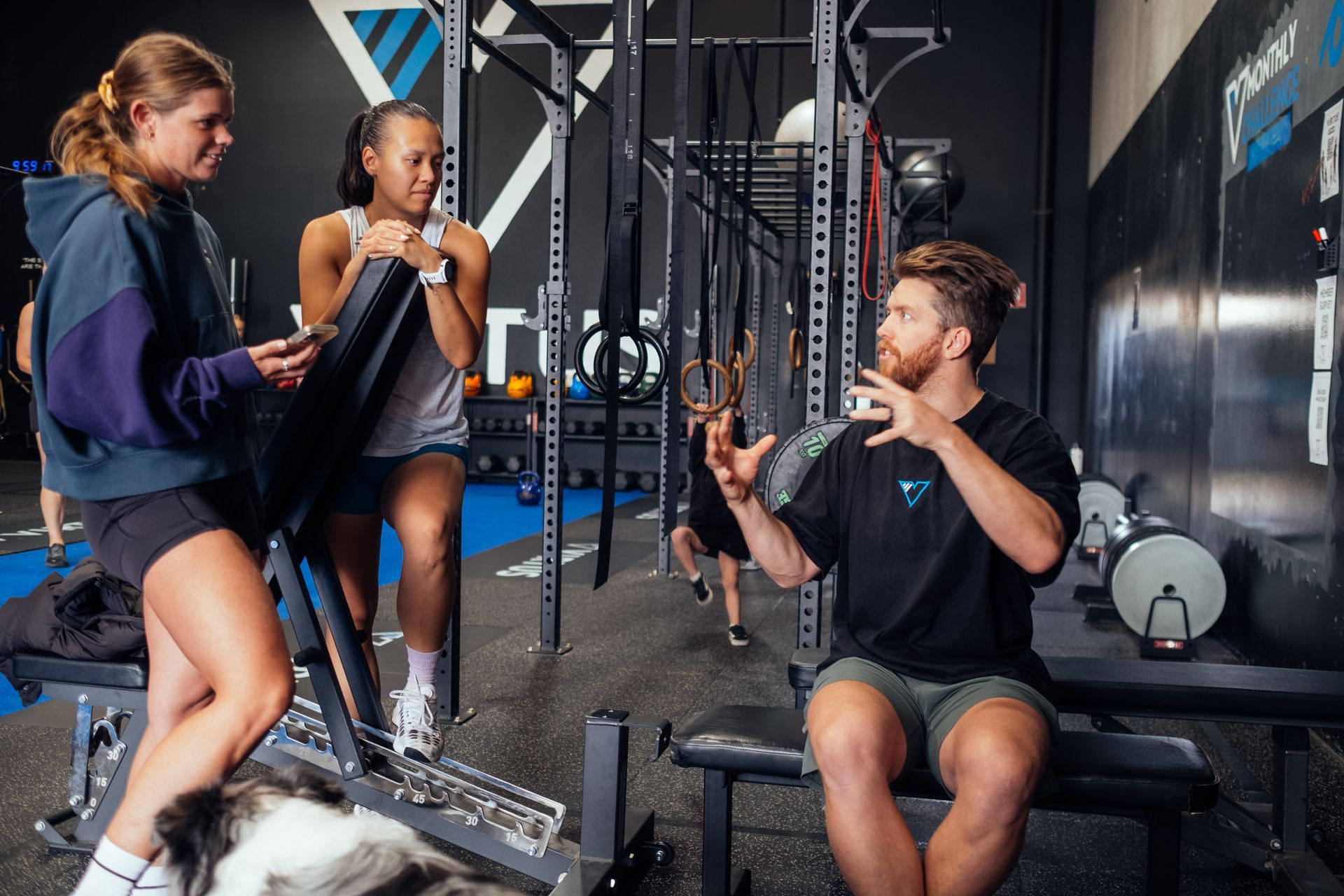Time for Clarity ... Inspired By Miley ??
Happy New Years? Virtus Family.
TLDR: Use the next few weeks to create clarity on 3 things:
-
What do you want your life to look like?
-
What are your values?
-
What simple daily tasks will help you create this life?
It's the beginning of a new year and an opportune time to stop and reflect on your current position in the universe. I've never been one of the 'New Year, New Me' advocates. You shouldn't need the new page on a calendar to motivate you to get your shit together. What I do advocate for is using a checkpoint like the New Year or a Birthday to assess and organise your life to cultivate a year and a life of meaning.
Ultimately, it doesn't matter when you decide to sit down and plan out your world domination, but when you do your focus should be on creating the life that you want to live . The life that truly brings you joy . The life that absolutely sets your soul on fire . The world around you is an infinitely better place when you are at your best. In a nutshell, helping you become that is why Virtus exists. If you want to go fast, go alone. If you want to go far, go together.
We are here to play long-term games with long-term people.
So my challenge to you is to set aside some time in the next few weeks and answer the following questions:
-
What do you want your life to look like?
Where do you spend your time? Who do you spend it with? What does your day consist of? What habits do you employ? What things do you cut out? How do you spend your time?
It is easy to fall into the habit of letting life happen. We become reactive to the stressors & challenges presented to us. Becoming clear on what you want your days and weeks to look like, you can create a target through which you can base your decisions and your actions. You need to know what winning looks like.
? If one does not know to which port one is sailing, no wind is favourable. ? // Seneca -
What do you value most?
Think back to the last time you had boundless energy. Were you doing or had you just finished an activity that truly sets your soul on fire? I'm guessing your answer is yes. We get our energy from acting out our highest values. It?s when we feel truly alive.
We should all know our values. The things that make us want to jump out of bed in the morning. The things that make up our True North. Our Purpose. Our Dharma. Our fuel. -
What do you need to do every day?
You?ve all heard the saying process before the outcome. Here?s an analogy that illustrates the importance of this ideal.Setting goals are much like hiking up a mountain. Initially, the summit is the aim. But when we are standing at the top, enjoying the view, we realise that the moment is only 1% of the journey. (Miley was right) At the summit, we realise the majority of the challenge, the growth, the enjoyment, the appreciation, and the good stuff that life is all about, was found not at the top, but on the way up, through the struggle.
The habits that determine your progress & eventual success are like the steps you need to take to climb your mountain. Identify the little things that will help you build the life you want to live. It might be training daily, a page of a journal, a call to a loved one or drinking 3L of water.
When you sit down and assess your place in the universe, & what you want to achieve during the next 1/3/5 years of your existence, be mindful of the mountain. Set a crazy, audacious summit to climb, but remember life & work aren?t a means to an end, it?s a means within themselves.
Each day we should move the needle. Each day we should grow our capacity. As James Clear, author of Atomic Habits
puts it; 'Save to be a little richer tomorrow, Exercise to be a little fitter tomorrow, Read to be a little smarter tomorrow' You don't need to look any further ahead than that.
If we live a life true to ourselves, the way up and around the mountain is more enjoyable than the summit.
Be amazing.
Big Love from the Wallace Family
“ ? Life is what happens when you?re busy making other plans.? ”
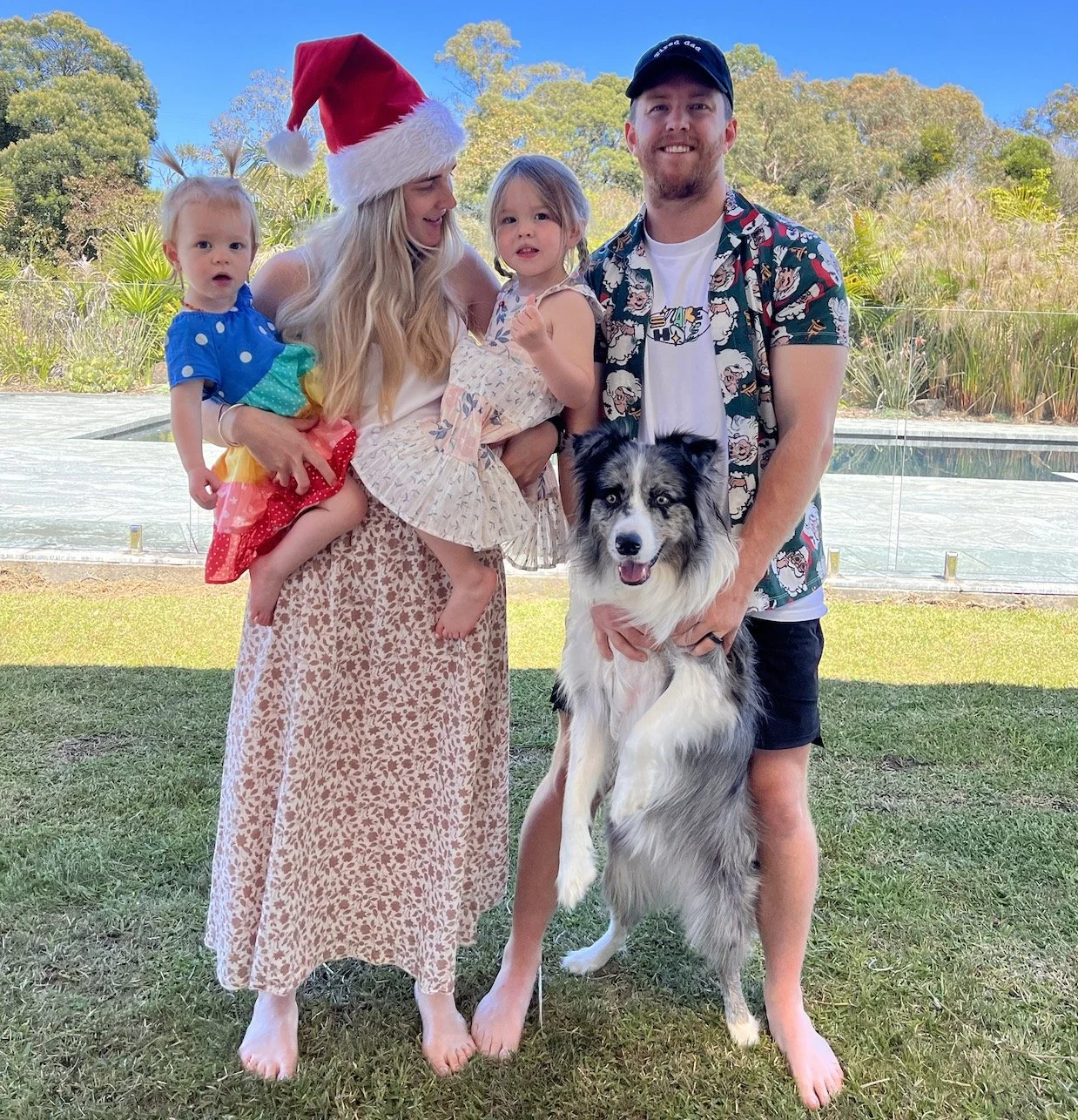
Recent Blog Posts

